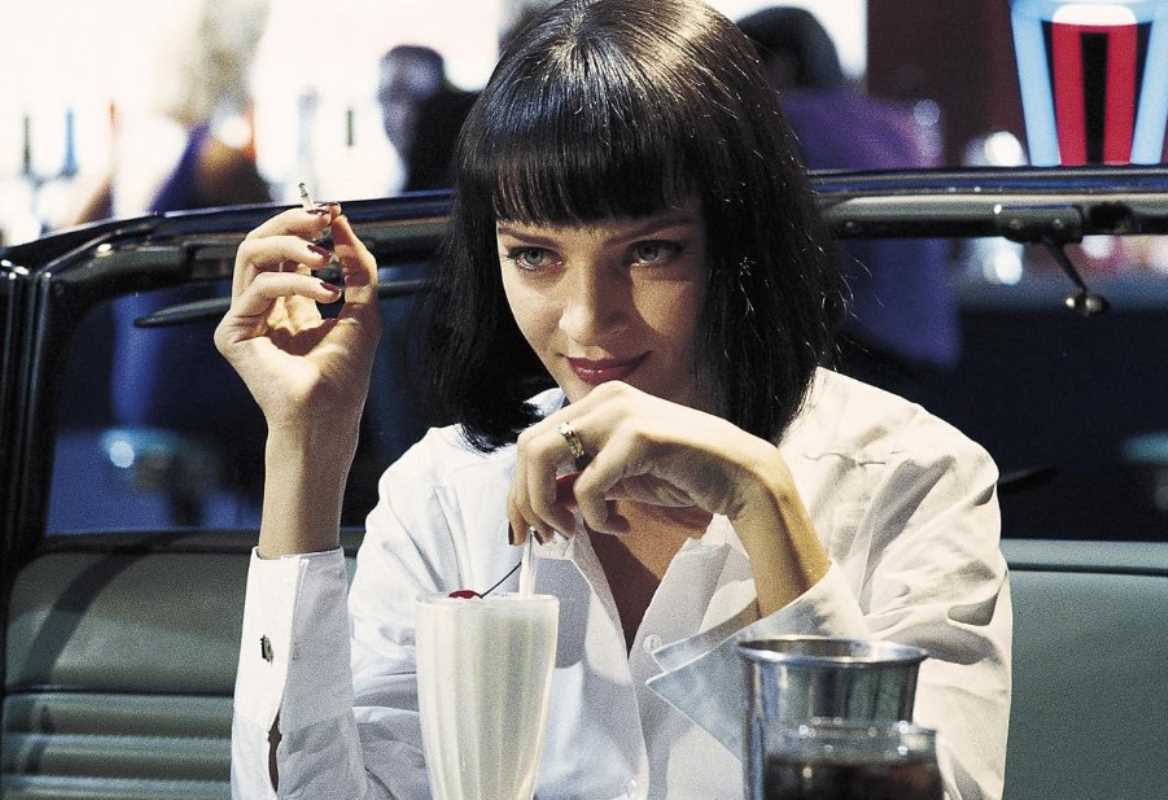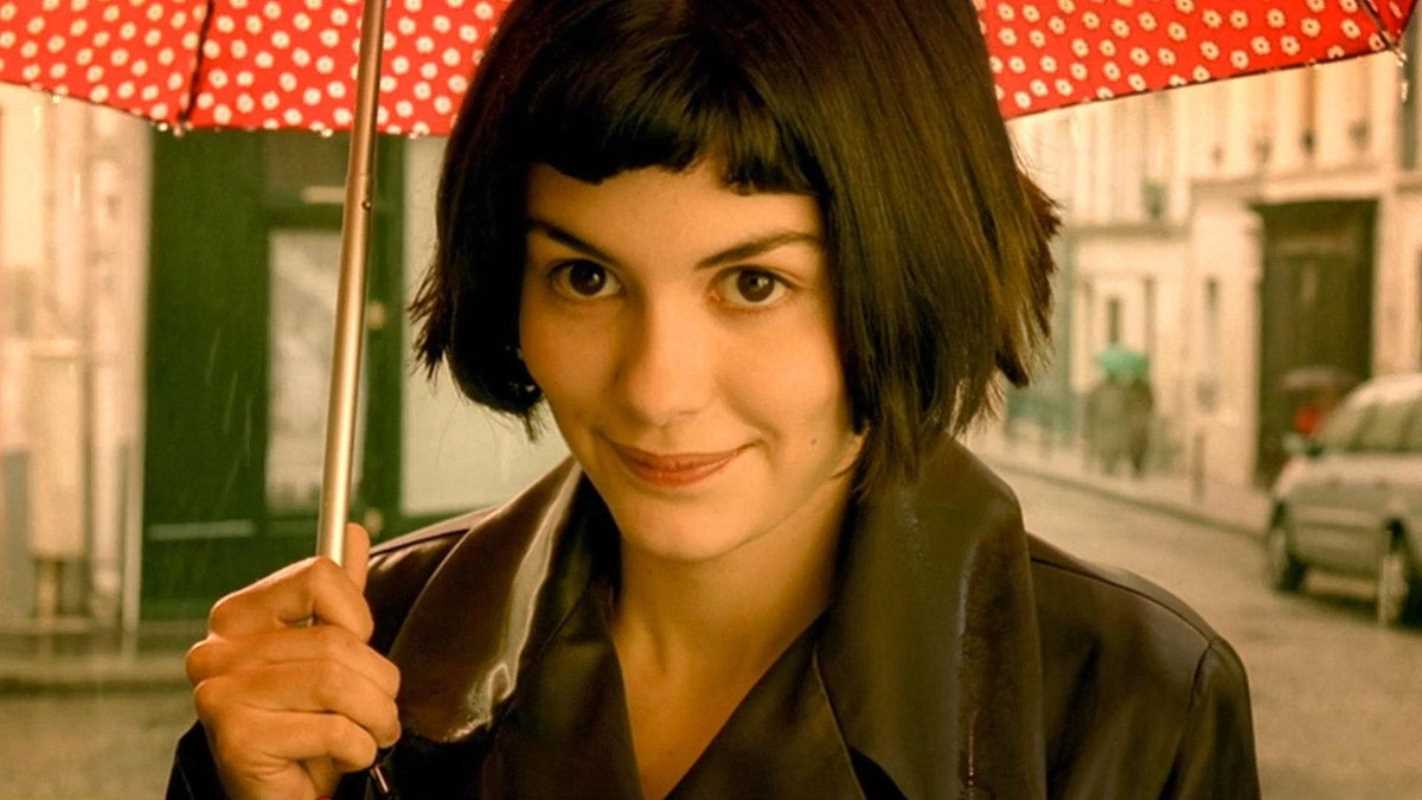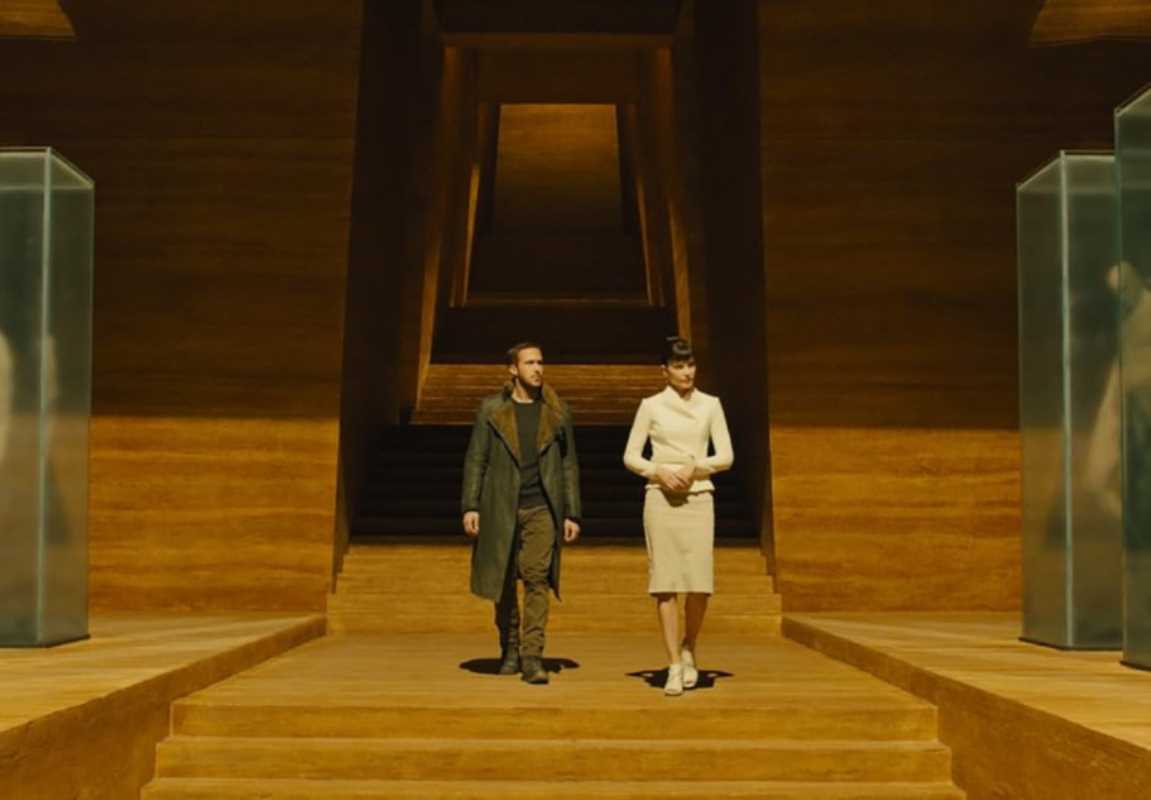In the world of musical theater, certain performances transcend the stage to become defining cultural moments. These are instances where an actor’s command of vocal technique, emotional depth, and stage presence coalesces into a portrayal of profound impact. This analysis will examine several of the most exceptional musical theater performances in recent years. The discussion will focus on the technical and artistic merits of portrayals by Ben Platt in Dear Evan Hansen, Cynthia Erivo in The Color Purple, and Lin-Manuel Miranda in Hamilton, detailing how these actors delivered definitive interpretations that left an indelible mark on the art form.
Defining a Transformative Performance
A truly exceptional musical theater performance is distinguished by more than vocal prowess or precise choreography. It involves a complete submersion into the character, where the actor’s choices appear not as performance but as authentic human expression. The performer must navigate the heightened reality of the musical, delivering songs that function as monologue and dialogue while maintaining emotional integrity. The most memorable performances are those where the audience forgets the artifice of the stage and invests completely in the character’s journey. This requires a synthesis of technical skill, relentless discipline, and a deep, intuitive understanding of the human condition.
Ben Platt in Dear Evan Hansen
Ben Platt’s Tony Award-winning performance as the titular character in Dear Evan Hansen is a definitive study in vulnerability and vocal control. The role of Evan, a high school senior with severe social anxiety, requires an actor to physically and vocally manifest a state of near-constant distress. Platt’s portrayal was notable for its meticulous attention to physical detail—the hunched shoulders, the averted gaze, the fidgeting hands—all of which constructed a character whose discomfort was palpable from every seat in the theater.
Vocally, the role is exceptionally demanding, requiring a tenor range that frequently pushes into a high, emotionally strained mix. Platt’s execution of songs like "Waving Through a Window" and "Words Fail" was a technical masterclass. His ability to convey Evan's overwhelming anxiety and profound loneliness through his vocal performance, characterized by a signature tremor and breathtaking emotional releases, was central to the show's impact. The performance was not merely a depiction of anxiety; it was a visceral immersion into the character’s psychological state. Platt’s commitment to this emotional and physical authenticity established a new benchmark for portraying complex mental health issues on the musical stage.
Cynthia Erivo in The Color Purple
Cynthia Erivo’s portrayal of Celie in the 2015 Broadway revival of The Color Purple was a performance of extraordinary power and grace. Her interpretation earned her the Tony Award for Best Actress in a Musical and was widely regarded as a watershed moment in contemporary theater. The character of Celie undergoes a vast emotional journey over several decades, from a young, abused girl to a confident, independent woman. Erivo navigated this arc with remarkable subtlety and force.
Her performance was anchored in a profound stillness, conveying decades of subjugation through a quiet, stoic physicality. This deliberate restraint made the moments of emotional eruption all the more potent. The pinnacle of her performance, the climactic anthem "I'm Here," was a singular theatrical event. Erivo began the song with a quiet resolve, gradually building to a cathartic, roof-raising belt that embodied Celie’s ultimate self-actualization. It was a display of vocal stamina and emotional control that consistently left audiences breathless. Erivo’s performance was a testament to the power of nuance, demonstrating how a character's entire history of pain and resilience can be communicated through the precise calibration of voice and physicality.
Lin-Manuel Miranda in Hamilton
Lin-Manuel Miranda’s performance as Alexander Hamilton in the musical he created was a groundbreaking fusion of historical figure and contemporary artist. As both writer and lead actor, Miranda brought an unparalleled understanding of the character's relentless drive and intellectual fervor. His portrayal was unique in its blend of traditional musical theater performance with the rhythmic and lyrical complexities of hip-hop.
Miranda’s Hamilton was defined by an urgent, almost frantic energy. He conveyed the character’s ambition—his need to write his way out of his circumstances and into the history books—through a rapid-fire vocal delivery and a restless stage presence. This approach made the historical figure accessible and intensely relatable to a modern audience. In songs like "My Shot," Miranda captured the raw hunger of a young, brilliant immigrant determined to make his mark. His performance was not that of a polished, classical leading man, but of a scrappy, cerebral revolutionary. This artistic choice was fundamental to the show’s success, as it grounded the epic historical narrative in a deeply personal and human story. Miranda's dual role as creator and performer allowed for a seamless integration of vision and execution, resulting in a performance that was as intellectually rigorous as it was emotionally compelling.
 (Image via
(Image via





